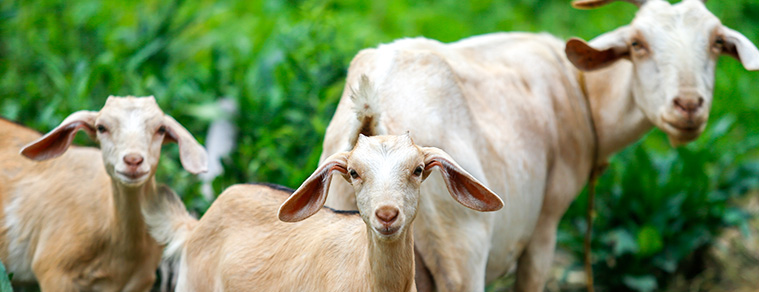The Australian Centre for International Agricultural Research (ACIAR) was established by an Act of the Australian Parliament in 1982 ‘to encourage research for the purpose of identifying, or finding solutions to, agricultural problems of developing countries’.
Forty years on, ACIAR has implemented more than 1,500 agricultural research-for-development projects, with more than 400 project partners, in almost 40 different countries. In doing so, ACIAR supports Australia’s commitment to contributing to poverty reduction and livelihood improvement in the Indo-Pacific region.
Underlying strong partnerships and diverse projects are the people who have contributed to the story of ACIAR – starting with the people who conceived and developed such an agency, and the hundreds of ACIAR staff and project teams from Australian science institutions who worked with thousands of partner-country scientists and smallholder farmers.
While it is appropriate to celebrate the partnerships, projects and people across the history of the organisation, ACIAR acknowledges there is still much work to be done and the ACIAR mandate remains as relevant as it was in 1982.
All the stories of ACIAR would fill many books. To mark 40 years of operation, a small selection of partnerships, projects and people have been profiled to convey the impact of ACIAR across regions, countries and different fields of research.
This book is a tribute to the work of everyone who has been involved with ACIAR before and beyond 1982. To the many unnamed contributors to the ACIAR story, as well as to those appearing in the pages ahead, thank you and congratulations.
To all interested in agricultural research for development in the Indo-Pacific region, please enjoy reading about some of the highlights, successes and learnings from 40 years of ACIAR.






